According to Nakul Anand, Chairman, FAITH, the policy federation of all the national associations representing the tourism, travel, and hospitality industry of India, it is the lack of immediate direct support in the budget that has disappointed the industry.
He added that the tourism, travel hospitality industry was looking at support for immediate and short term measures for critical revival. This has not happened in the budget announcements. To ensure that there were an immediate national common tourism vision and revival action plan across the center and states, FAITH had proposed the creation of a National Tourism Council of Chief Ministers headed by the Prime Minister along with the tourism minister. “There was an immediate need for common industry status across the country for the complete tourism industry by putting it in the concurrent list to organize the industry and make them post-COVID ready,” Anand said.
He also said that a Global Mice Bidding Fund was required to have been set up with Rs 500 crores to double India’s mice (meetings, incentives, conferences events) share. “To communicate a tourism ready India, Indian missions abroad in each country should have been activated with tourism resources for maximum reach,” Anand said.
According to Anand, the government should have incentivized Indian corporates to undertake domestic MICE by offering a 200% weighted income tax expense in order to resume post-COVID corporate travel. He also said that a Natural Cultural Heritage Restoration Fund should have also been set up with a corpus of at least Rs 2,000 crores which would have restarted tourism and encouraged sustainable and responsible development around each vertical of adventure tourism cultural tourism.
“There was a requirement for a truly seamless tourist transportation experience by standardizing all tourism transportation taxes making them payable at a single point which will facilitate the ease of doing business,” Anand said. He added that all hotels and MICE venues across the country needed to be tagged as vital social infrastructure to increase the intensity of high-quality hotel accommodation and MICE infrastructure in India.
The pandemic has damaged the travel and tour intermediaries. Anand feels that it was critical to protect the business of Indian travel agents and tour operators and a structured mechanism was required to future secure travel agents’ payments to ensure that security for travel agents and operators’ survival. “This was key as travel agents’ payments to principals are unsecured credit and some form of mechanisms whether escrow or guarantee or underwriting based mechanisms were needed to be in place to ensure that travel agents’ and tour operators’ money stays secure,” he said. The recently introduced TCS which has made Indian travel agents globally uncompetitive should have also been immediately abolished, Anand believes.
News Courtesy: OT
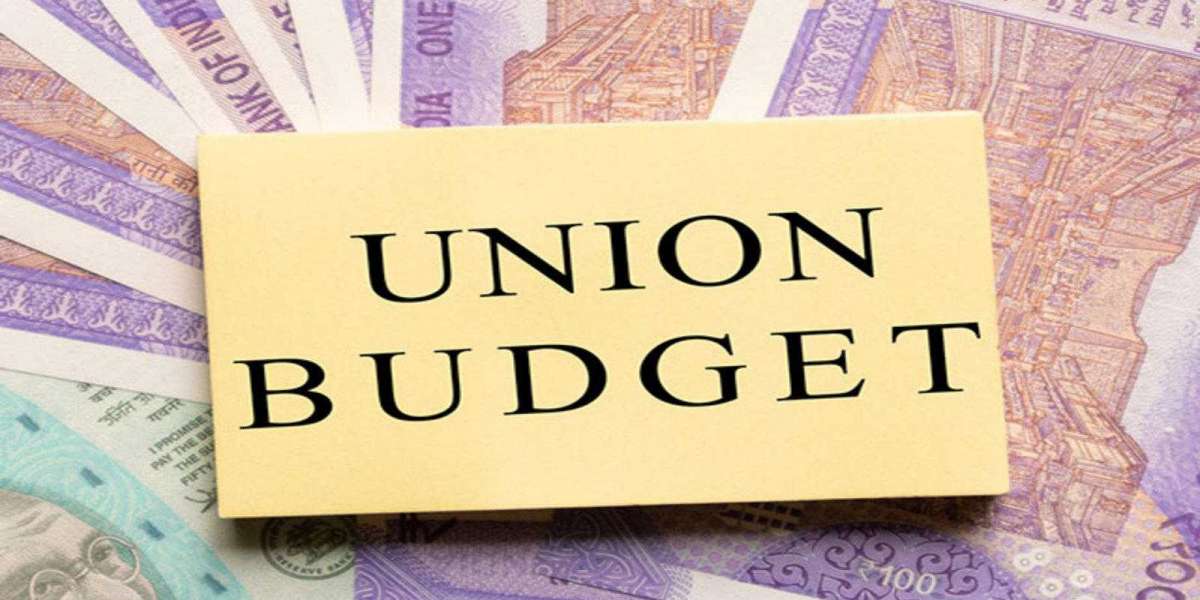



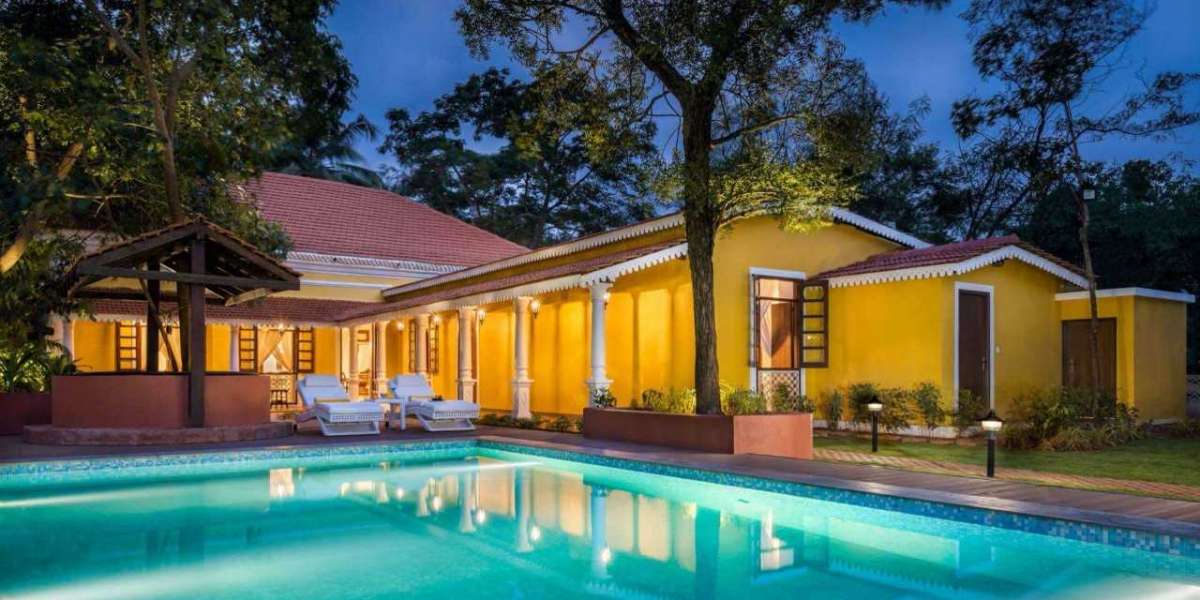
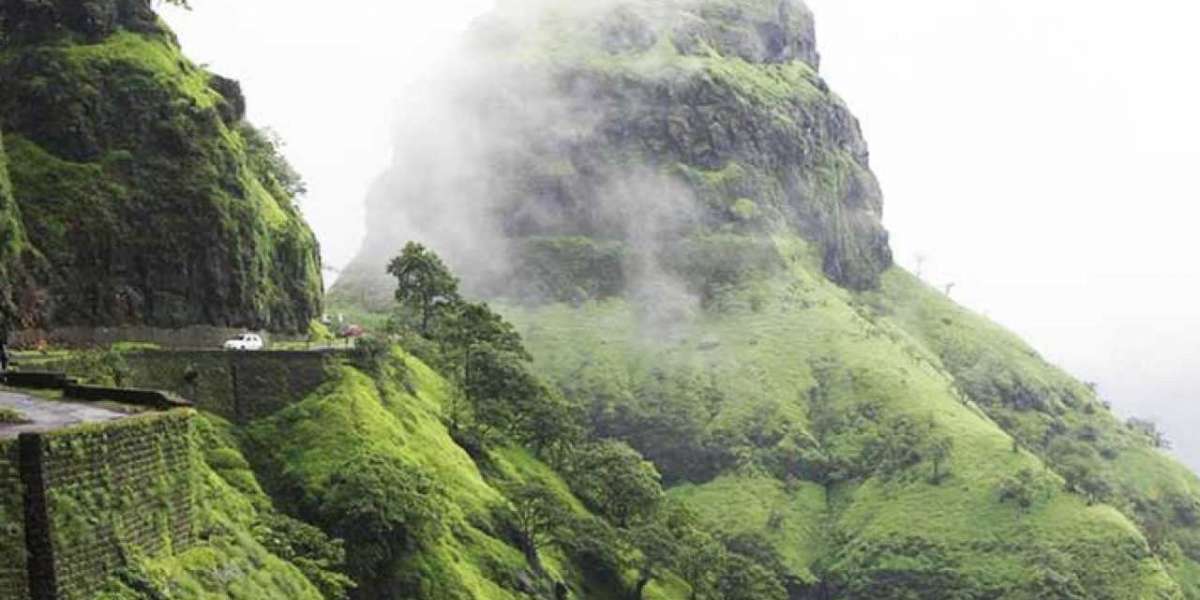
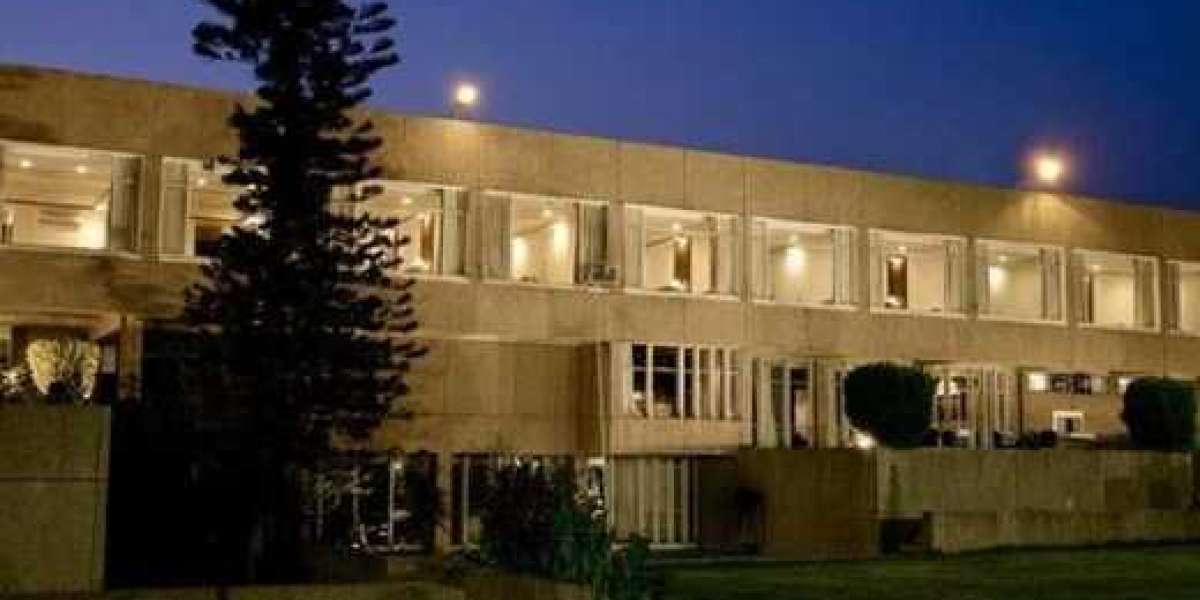

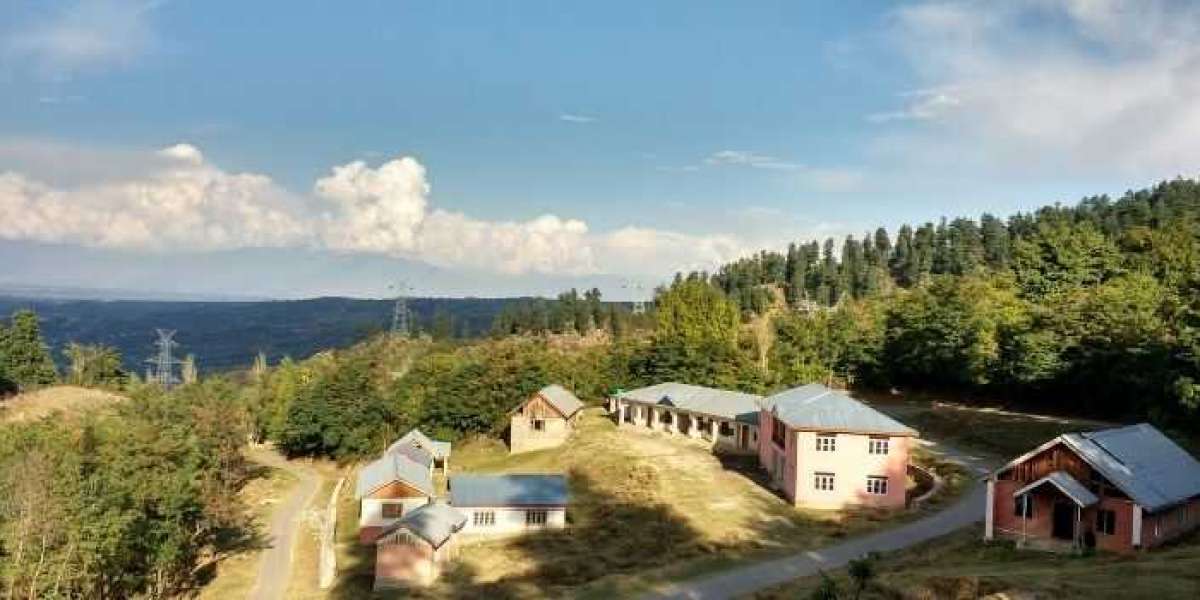
Hafizur Rahman 2 years ago
https://www.linkedin.com/feed/update/urn:li:activity:7127722524859142145/